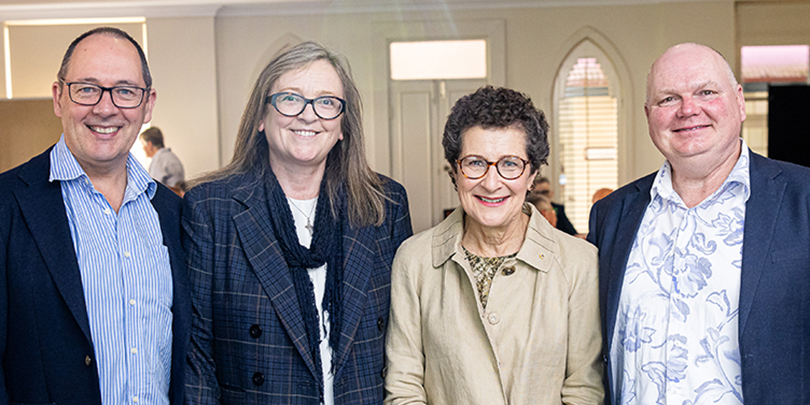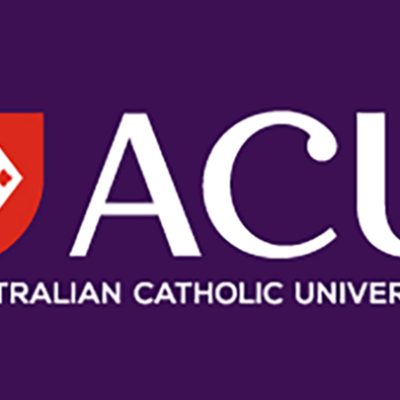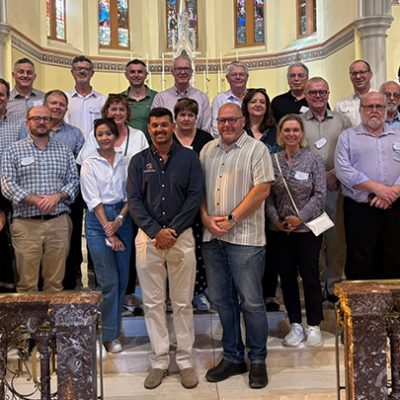
Australian Catholic University theologians will team up with one of the country’s leading governance experts to contribute to the ongoing studies into lay leadership models in the Church, including the successful Ministerial Public Juridic Persons.
Associate Professor Maeve Louise Heaney VDMF and Associate Professor Fr Jamie Calder SJ from ACU’s School of Theology will work with Adjunct Professor Susan Pascoe and researchers at Durham University to explore Church governance models that encourage lay leadership. ACU PhD candidate Lawrence Hallinan also joins the research team.
Findings from the research will be used to understand the role of lay leadership in a synodal Church.
In Australia, the most widely adopted lay governance model is the Ministerial Public Juridic Persons (PJPs). Under the Code of Canon Law, a Public Juridic Person (PJP) is the Church’s equivalent of a civil corporation, such as dioceses, parishes or religious congregations, established to carry out apostolate works in the name of the Church.
Ministerial PJPs are the Church authority for Catholic ministries such as schools and healthcare. Made up almost entirely of lay people, Ministerial PJPs aim to future-proof apostolate works established by religious institutes and congregations or clergy.
Australia has 14 Ministerial PJPs which were previously under the stewardship of religious institutes. The most well-known include Catholic Healthcare, Edmund Rice Education Australia and Mercy Partners.
Associate Professor Heaney, who is joint co-lead investigator, said the research would help to improve ongoing formation of lay leaders through a theological lens.
The peak body for Australian Ministerial PJPs, the Association of Ministerial Public Juridic Persons, will support the project, which is expected to be completed in 2025. AMPJP Council Chair Moira Najdecki said the project would help the peak body to gain a deeper understanding of lay governance in a synodal Church.
“As the numbers of people in religious life diminish, and the capacity of lay people to take on governance roles increases, there is a logical fit to the move to this more co-responsible model of being Church,” Ms Nadjecki said.
FULL STORY
Research project to study the future of lay governance in a Synodal Church (ACU )






